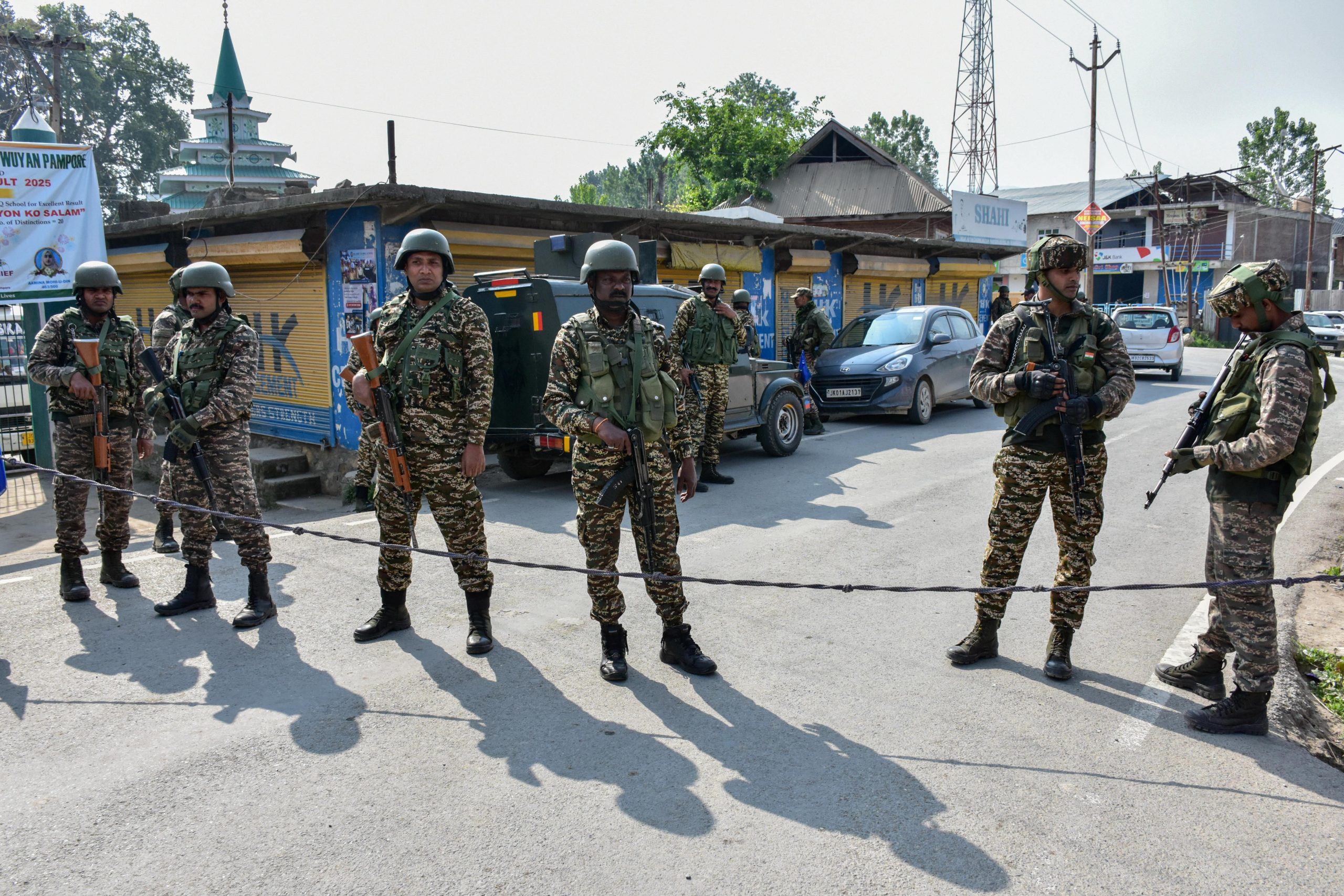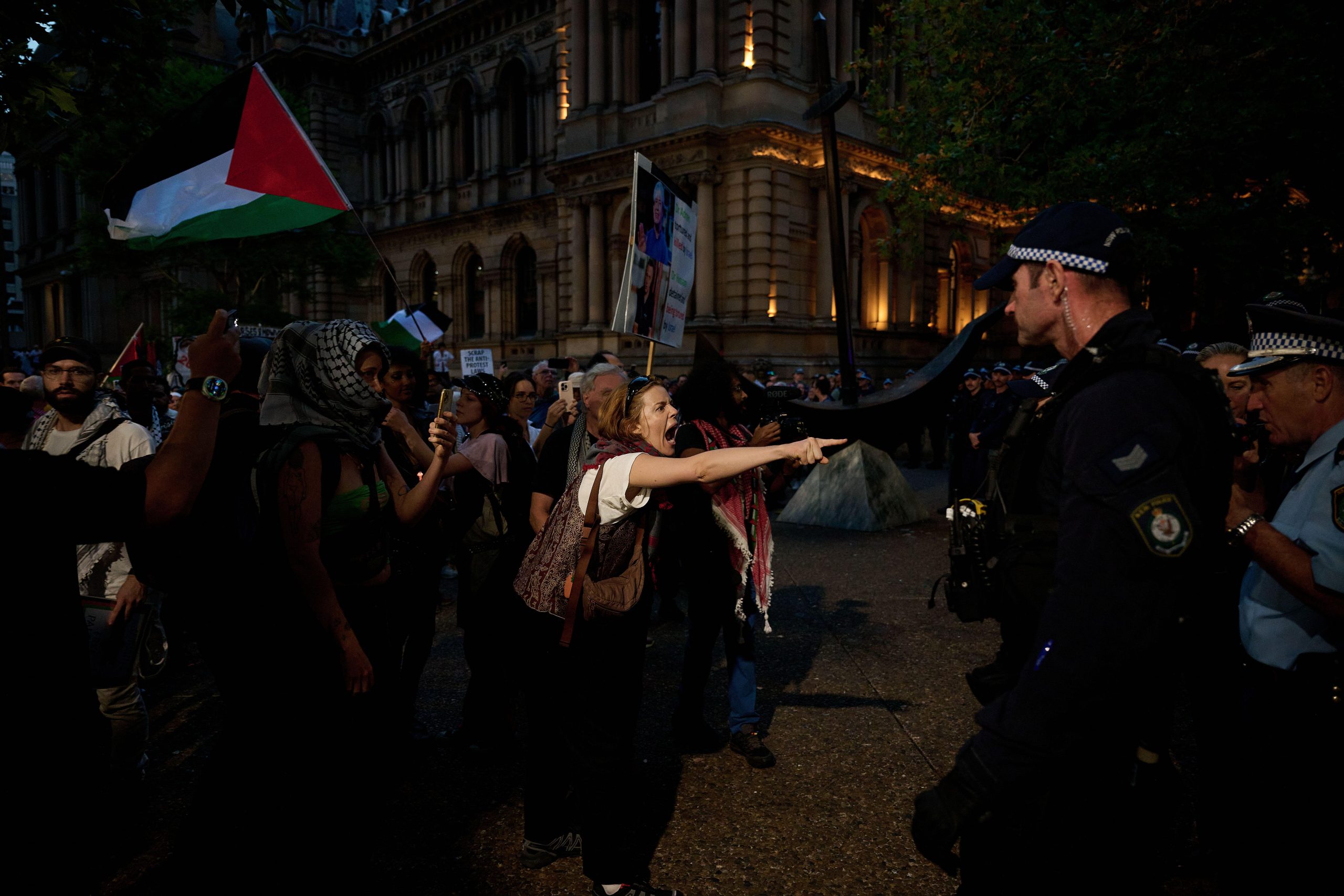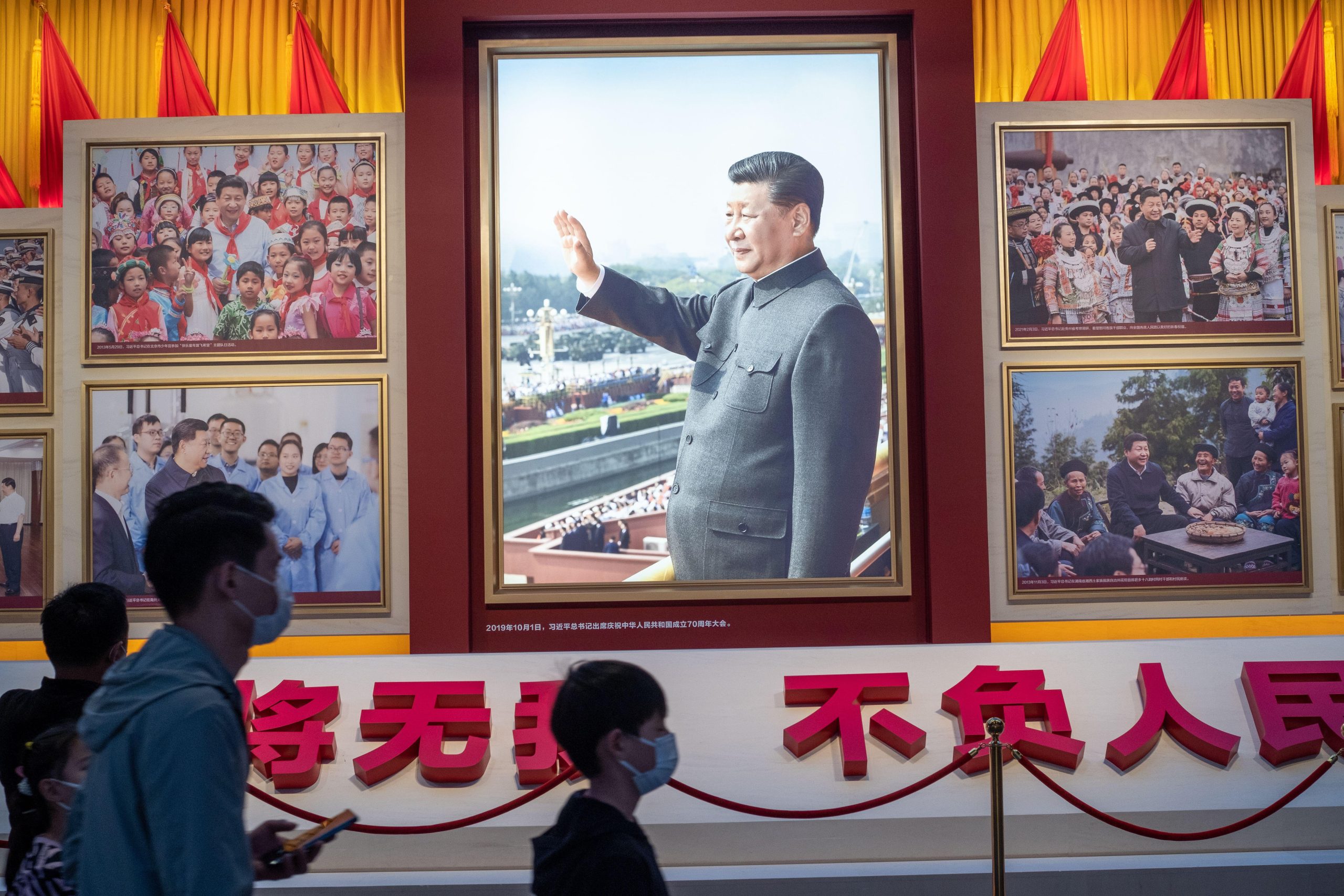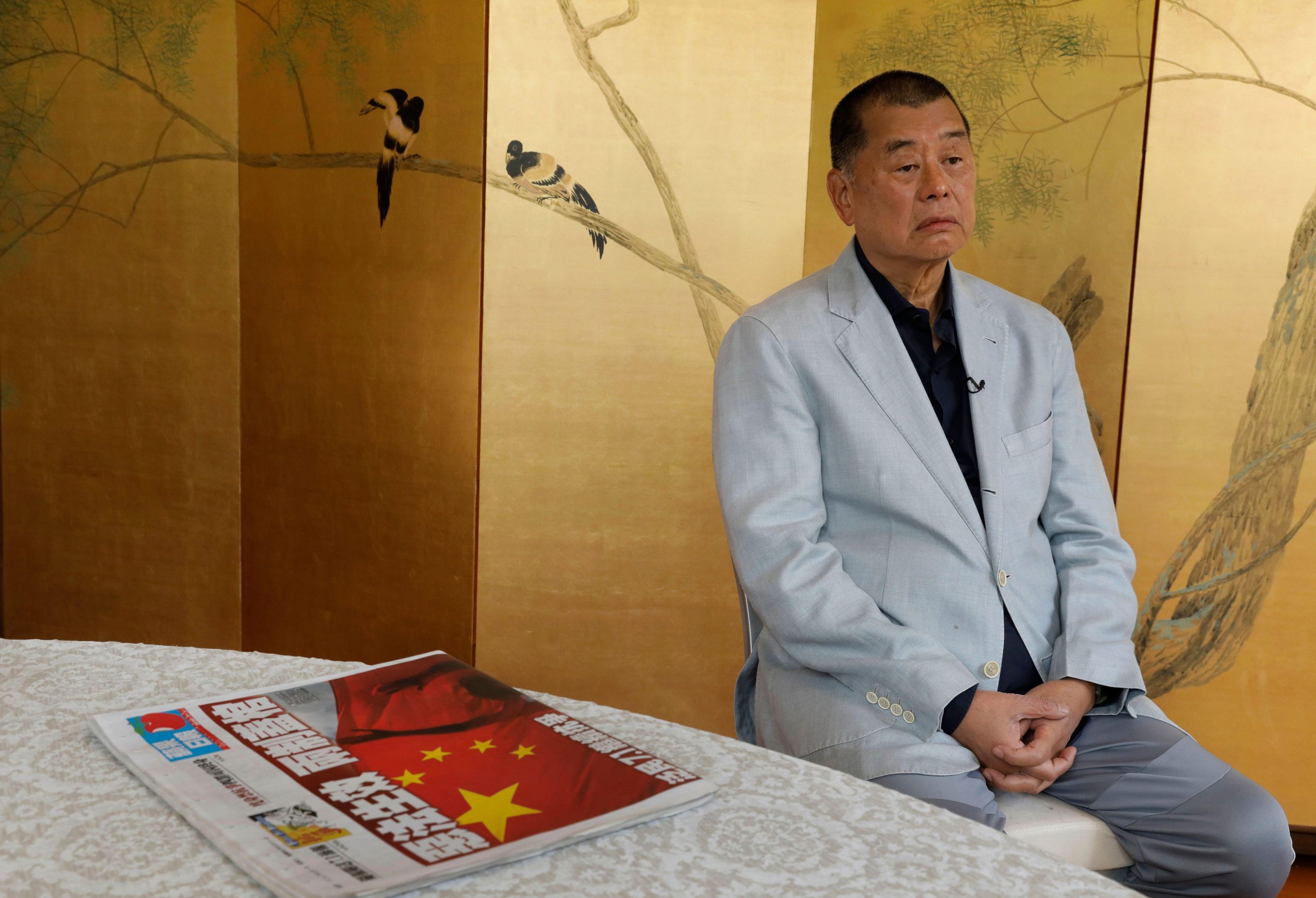A crisis is often seized as an opportunity, especially by those eager to silence dissent – and no more so than in Narendra Modi’s India. Following the deadliest civilian incident in Kashmir in decades, the government has rolled out a coordinated campaign of information control. The Ministry of External Affairs has contacted global news outlets including the BBC, Reuters and the Associated Press, criticising them for using the word “militant” rather than “terrorist” in their coverage. Social media accounts of major Pakistani and Kashmiri news organisations have been blocked, including 8,000 accounts on X, and dozens of Pakistani YouTube channels. Meanwhile, dissenting voices are being targeted under sweeping legal charges. This week alone, the police filed cases against folk singer Neha Singh Rathore and university professor Madri Kakoti, accusing them of “endangering the sovereignty, unity and integrity of India” over posts critical of the government’s response.
Such suppression is far from new for those living in Modi’s India, as we highlighted two years ago in our magazine issue devoted to the country. It’s worse still for the residents of Kashmir. Since 2019, when the Indian government revoked the special autonomous status granted to Jammu and Kashmir under Article 370 of the Indian constitution, censorship and surveillance have become rife. Journalists from Kashmir have frequently written for us about internet blackouts, media bans and a broader clampdown on dissent. It’s been a grinding war on free expression that rarely garners global headlines.
Now, with tensions at a new high, that suppression is intensifying. A correspondent on the ground described a bleak reality to me this week. In the aftermath of the Pahalgam attack last month, which left 25 Indians and one Nepali national dead, thousands of Kashmiris have reportedly been detained, accused of being “overground workers”, a term often used vaguely to suggest militant affiliation. Civilians face beatings for being out after dark. Perhaps most alarming is the growing call from prominent Indian figures for a vengeful response against both Kashmiris and Muslims in line with Israel’s ongoing war on Gaza.
The rhetoric has dire consequences. Prominent Kashmiri journalist Hilal Mir was recently arrested on what sources close to him describe as a trumped-up charge. Authorities allege he was “actively engaged in posting and sharing content aimed at inciting sentiments among young minds and instigating secessionist sentiment by portraying Kashmiris as victims of systemic extermination.” In another instance the body of Imtiaz Ahmad Magray, 23, was found shortly after he was detained, after he reportedly jumped into a river trying to escape. According to police he had confessed to being an overground worker. His family refute such claims.
When asked if Modi’s government is using this crisis to crack down on dissent, the response from the correspondent I’m in touch with was blunt: “Without a doubt.”






